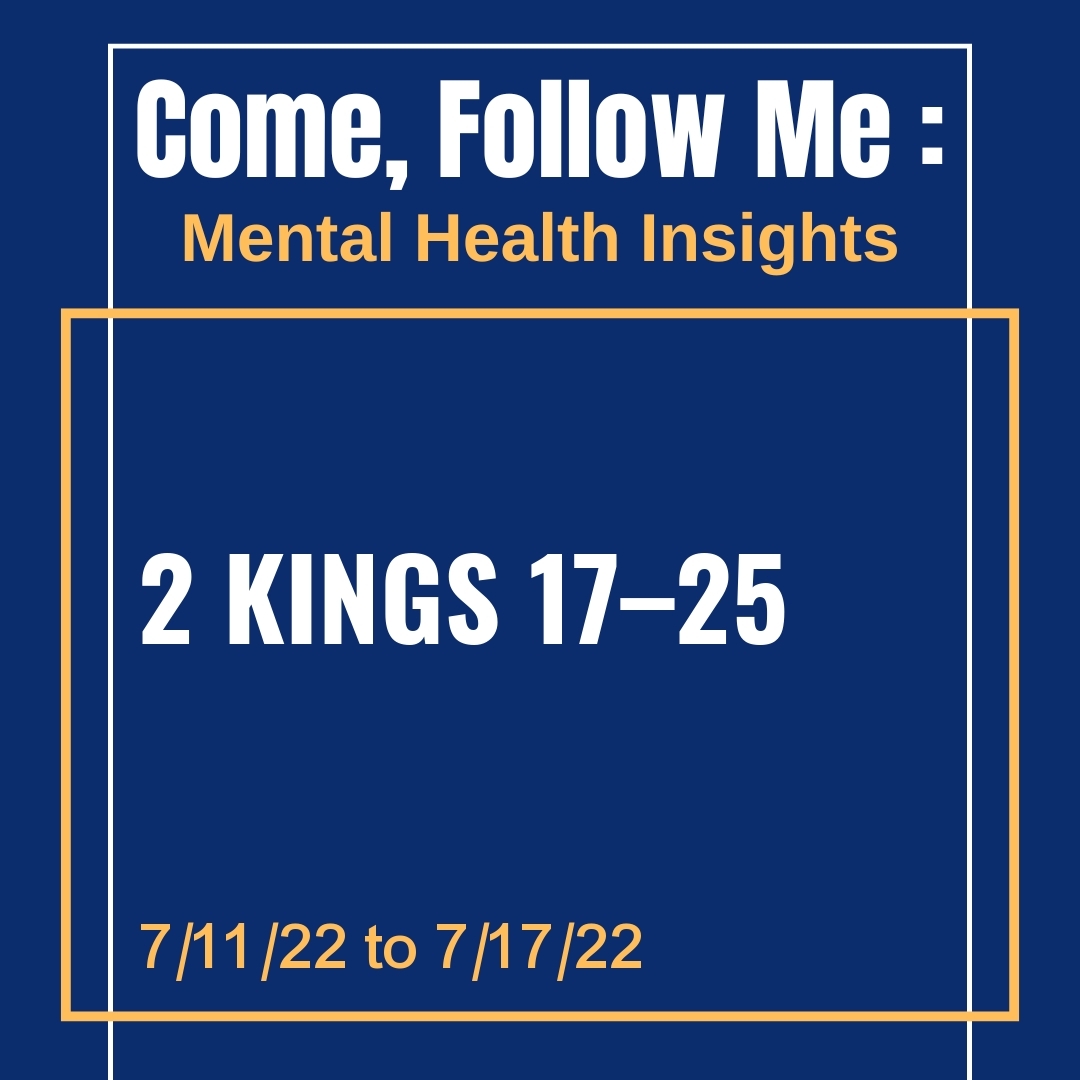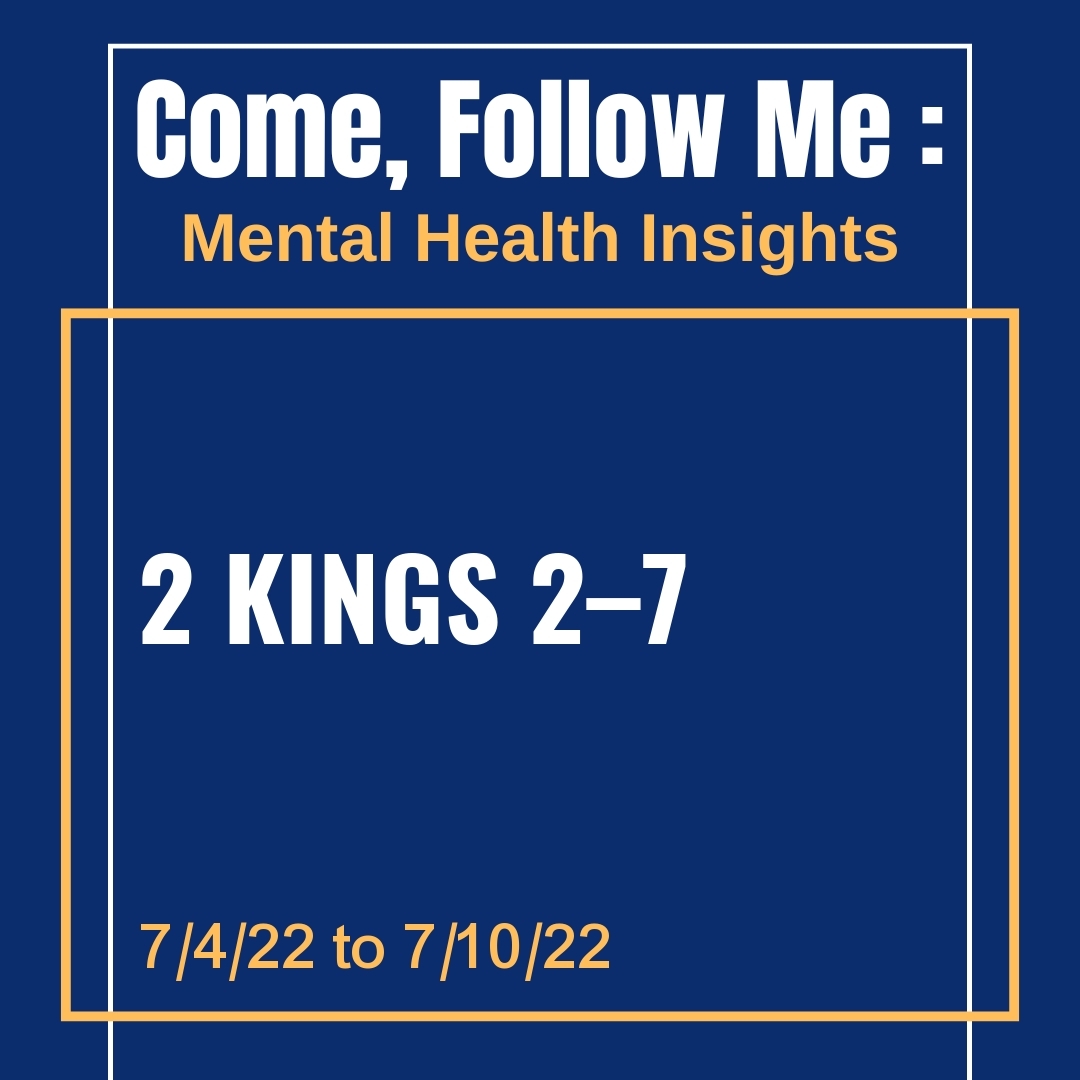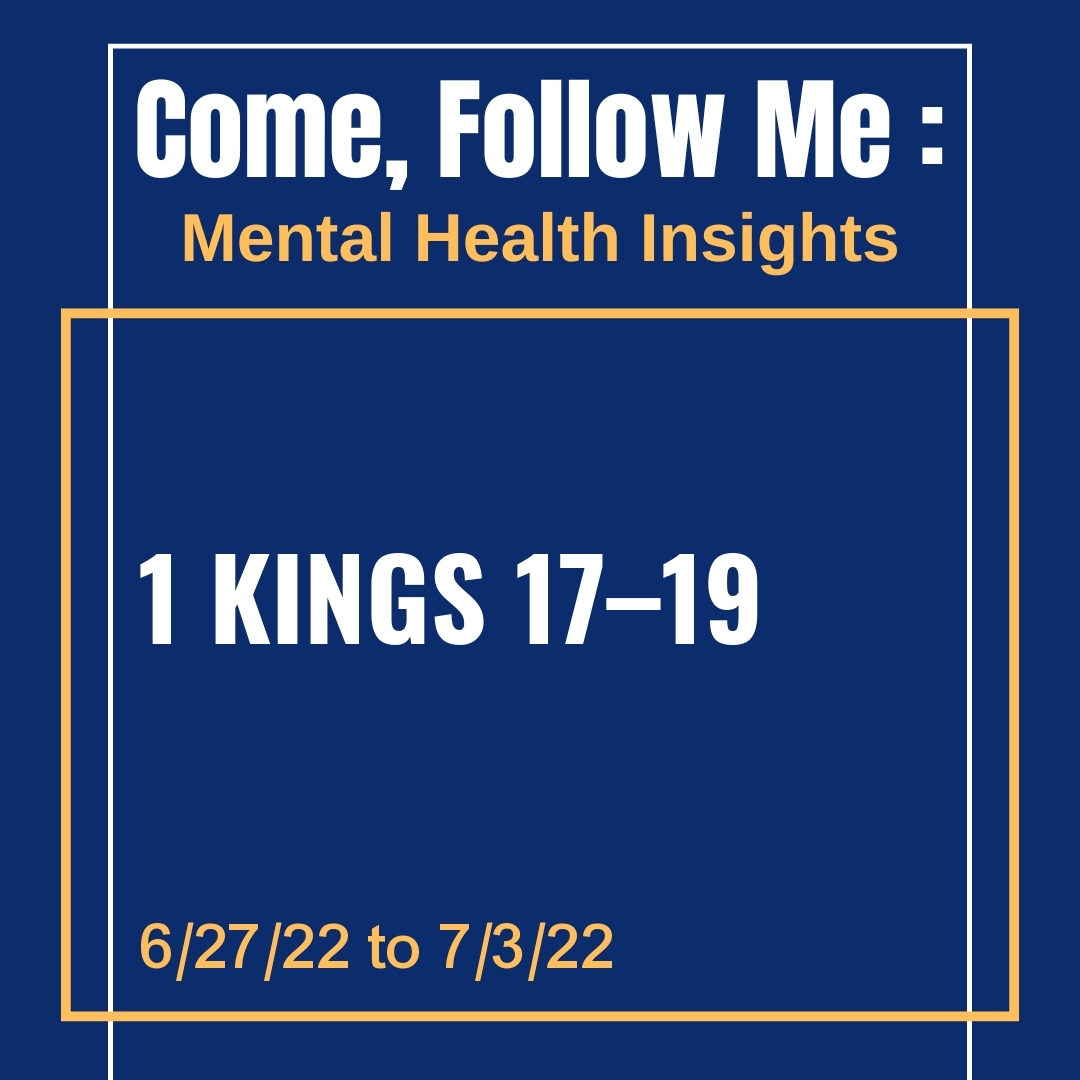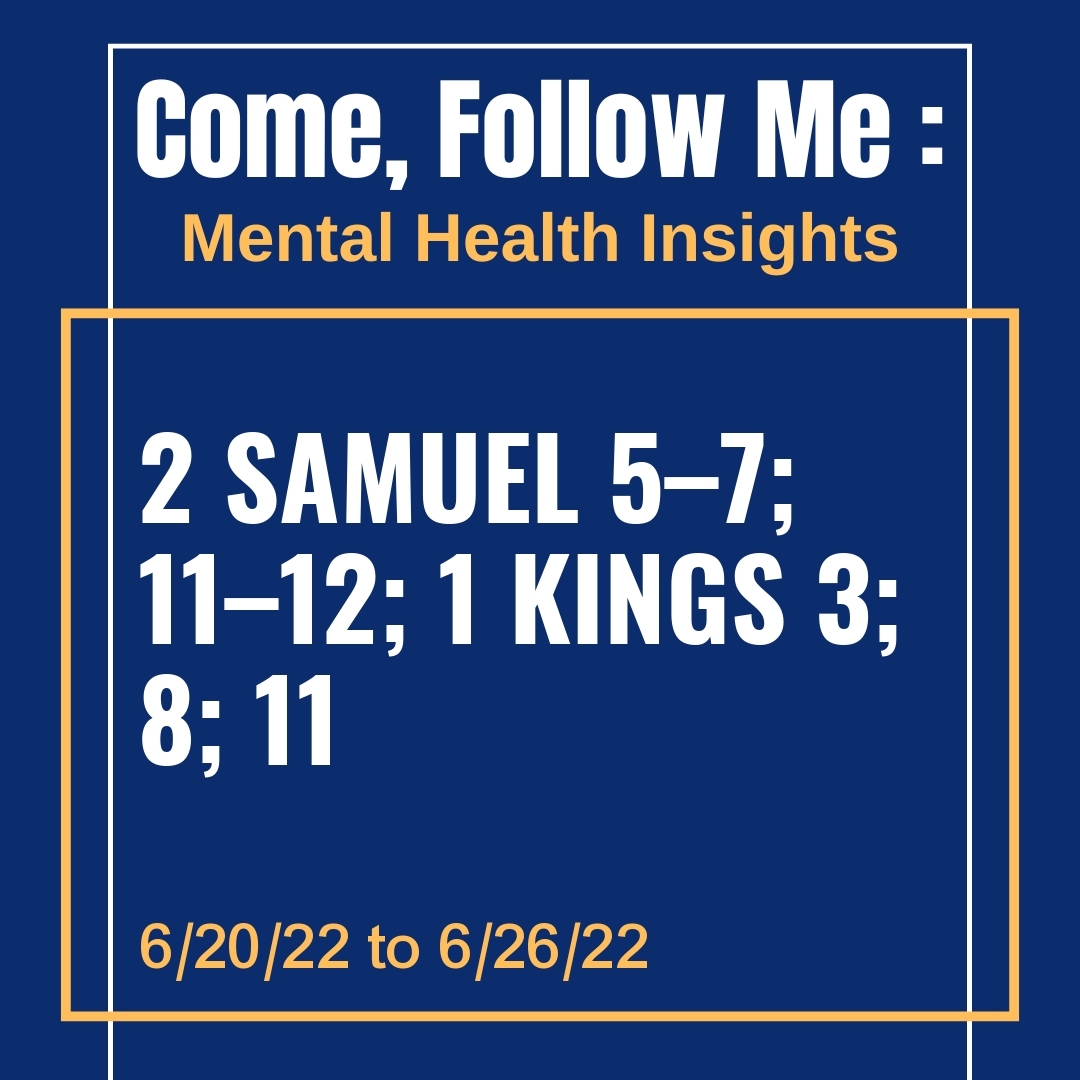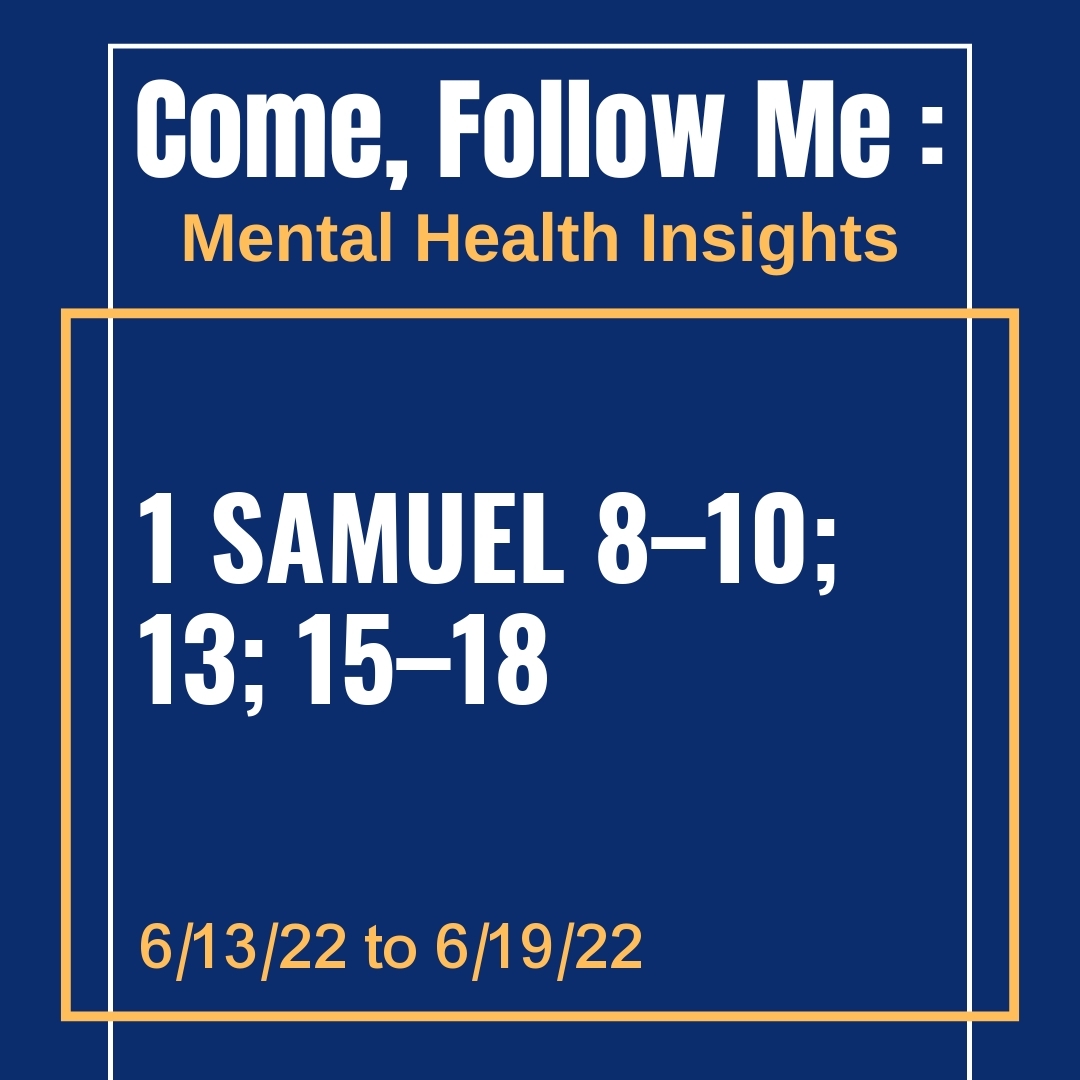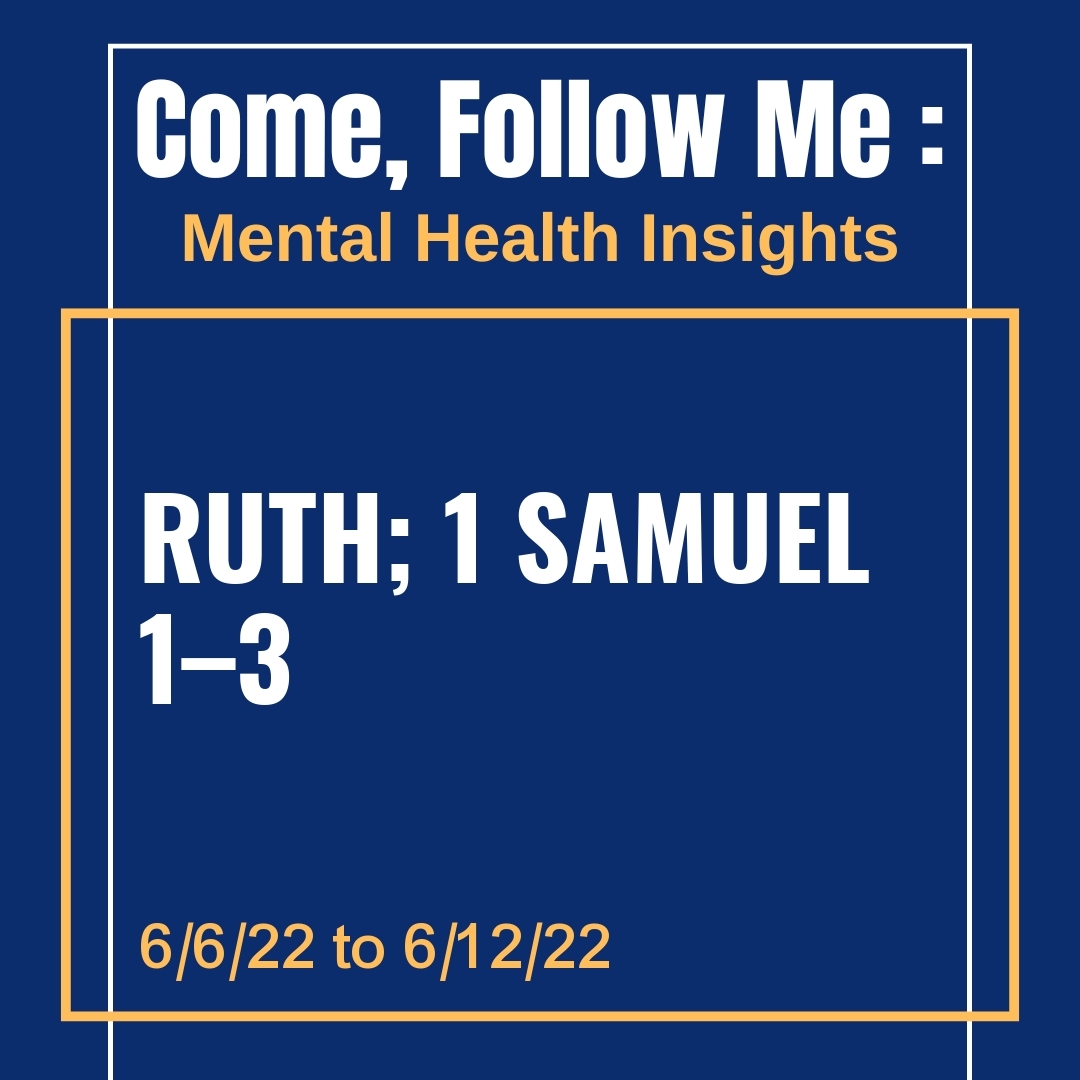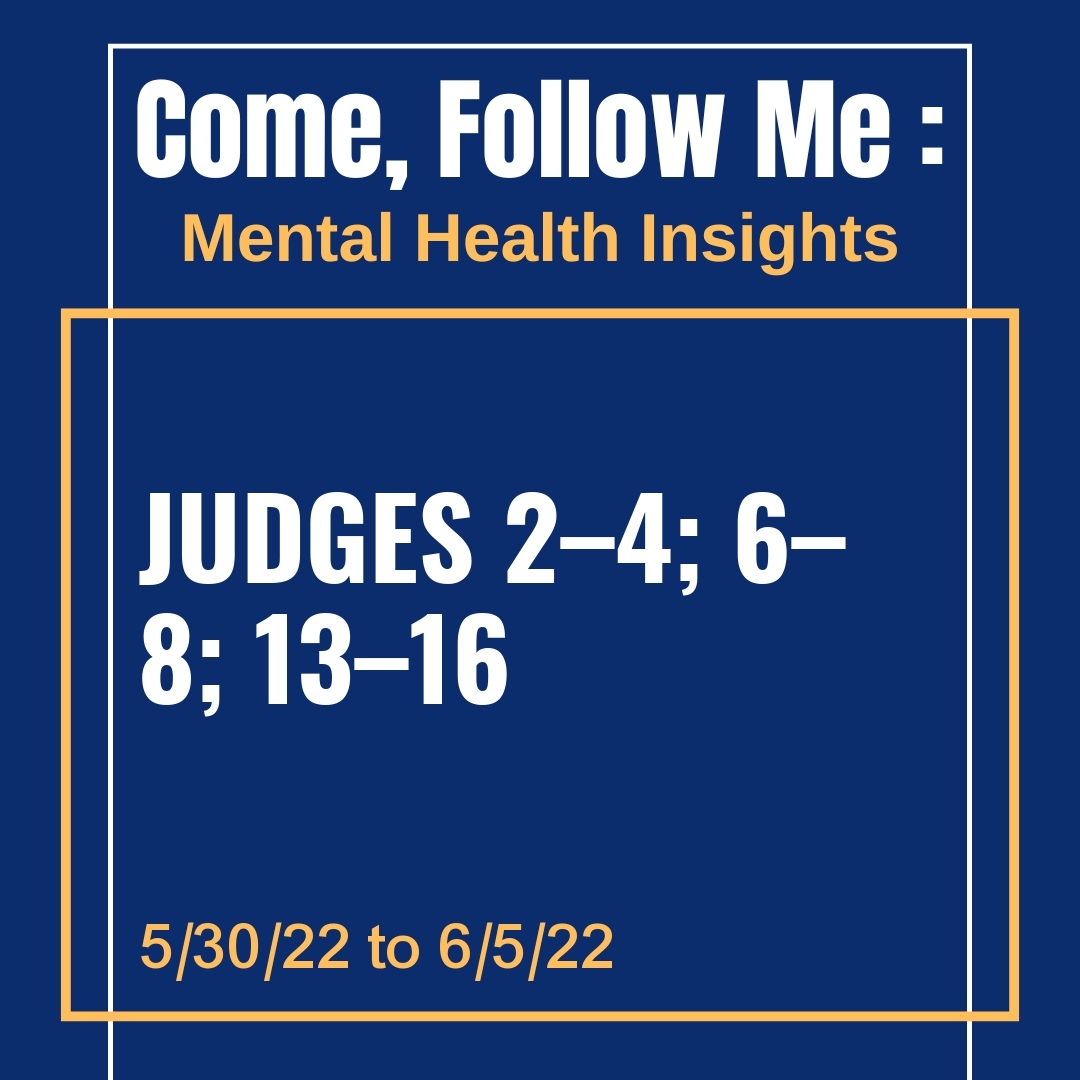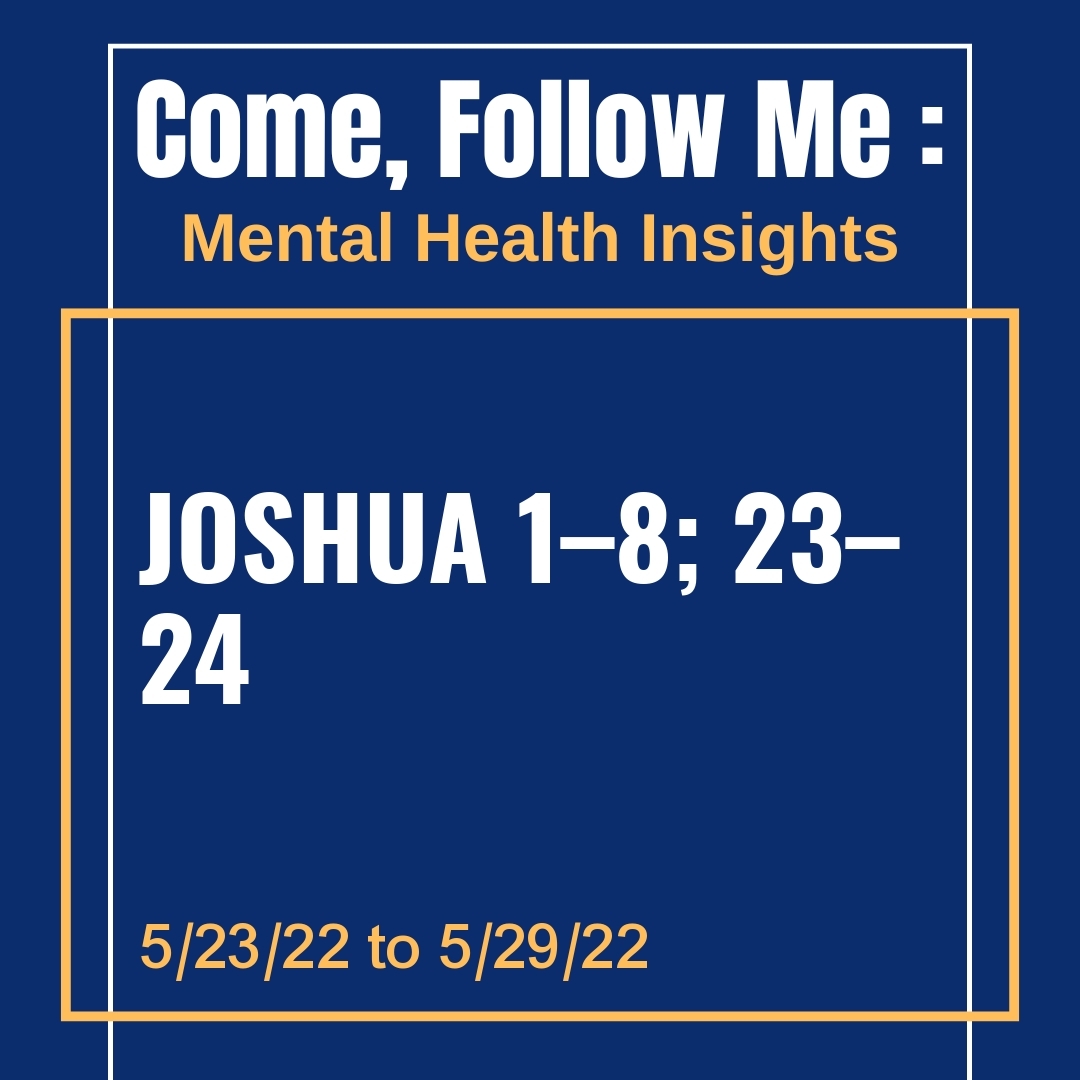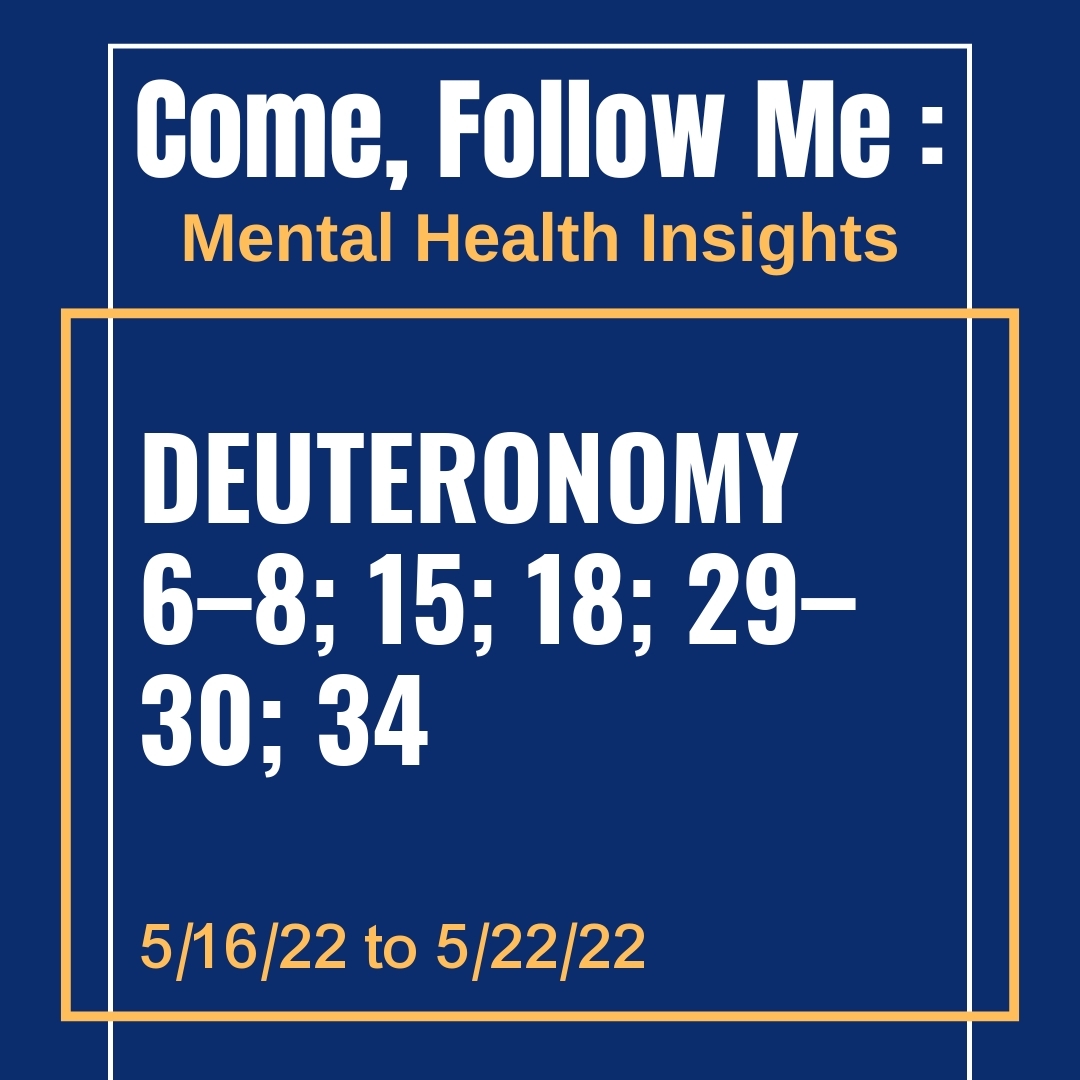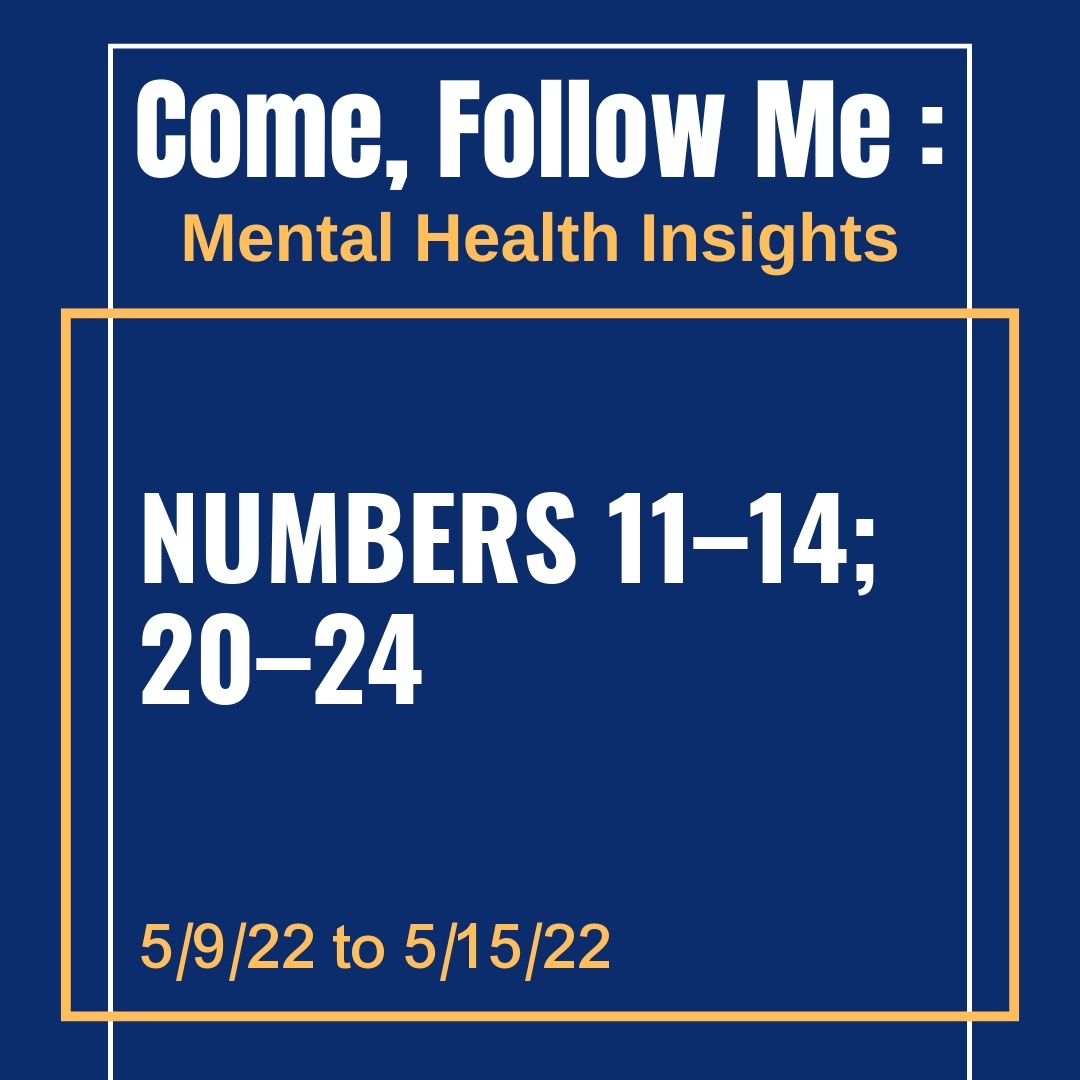Join Dr. David T. Morgan for a weekly discussion about some principles from the weekly Come, Follow Me lesson and learn specific applications to improve mental and emotional health.
In this episode we'll talk about many of the kings of Judah, some of them wicked and some of them righteous. We'll specifically discuss King Josiah and how when restoring the temple, he found the "book of the law" that helped him reclaim aspects of his own and Israel's identity as the chosen people of God. We'll talk about the concept of identity, especially in relation to mental health issues, and how this can either hinder or help our progress. We will explore how focusing too much on mental health liabilities can limit progress, while viewing them as one piece of an overall portrait of our identity may make them easier to deal with.
In this episode we'll discuss two of my favorite Old Testament stories; the story of Naaman and the story of Elisha's servant. Both of them have good mental health applications. For Naaman, we'll talk about the importance of following prophetic counsel even when we think it doesn't apply to us. We'll discuss how there is greater peace and happiness to be found as we follow the prophet. For Elisha's servant, we'll talk about the power of thoughts and how they can influence our emotional reactions. The more we align our thoughts and beliefs with truth, the more likely we are to have more positive emotional experiences.
In this episode we'll discuss what I like to call the "greatest hits" of the prophet Elijah and what we can learn from some of his experiences. We'll discuss how improving our ability to receive revelation can help us manage mental health issues. We will also talk about how not all mental health strategies work for each person so we need to listen to the Lord about how to move forward. Finally, we'll discuss the example of the widow of Zarephath and how that helps us understand the need to be emotionally self-reliant as much as possible.
In this episode we'll discuss the middle and end of the story of David, king of Israel. We'll talk about his noble efforts to lead the armies of Israel and how he we beloved by many. We'll discuss his decision to live among the Philistines for a time and how that may have affected his testimony. We will also talk about his indiscretions with Bathsheba, his attempts to cover it up, and the consequences of his disobedience. We'll further discuss the concept of divine purpose and how this can help us progress through difficulties.
There are free worksheets available for all the invitations made in the weekly podcasts. To get access to them, please sign up for my email newsletter. Not only will you get access to the free worksheets, but access to many more free strategies to help manage your mental health. Please sign up at the following link: NEWSLETTER
In this episode we'll discuss the beginning of the story of David, king of Israel. We'll talk about the process of him getting chosen as king and how Samuel the prophet had to look for qualities beyond the physical. We'll talk about Goliath's challenge of Israel's armies, David's intentions to defeat him, and the ultimate resolution to that event. We will discuss the personal challenges we face in our lives, our own Goliath's, and how with faith and determination we can conquer as well. We'll also talk about President Nelson's recent invitation to "seek and expect miracles" and how that can help us move forward.
In this episode we'll discuss the Book of Ruth, which is the story of Ruth and Naomi and one of only two books in the Old Testament that is named for a woman. We'll talk about how one of the core lessons in Ruth's life is the principle of kindness. We'll review the saga of Ruth and Naomi, how they crossed paths with Boaz (who showed them kindness), and how they eventually became part of the ancestry of Jesus Christ. We'll also discuss how daily acts of kindness can have a positive impact on mental health issues.
In this episode we'll discuss the Book of Judges, which is a retrospective of about four hundred years of history of the house of Israel. We'll talk about the similarities between these people and the people of the Book of Mormon regarding the "pride cycle" and how this can teach us to understand and accept the Lord's grace. We'll also discuss how our mental health can be affected for good or bad depending on what information we feed our brains and minds on a daily basis.
In this episode we'll discuss the Book of Joshua, which is the first of the historical books of the Old Testament. These books tell the faith-promoting stories that help us develop faith and move forward. We'll talk about the idea of personal purpose and how the greater we understand this the more progress we tend to make. We'll also discuss how following the Lord's direction can help us overcome obstacles, including significant obstacles, even when such direction may not make much sense to us.
In this episode we'll discuss the Book of Deuteronomy, which means a "second telling" of the law. It was a reminder from Moses to his people about the covenants they had made and the commandments they were to keep. We'll talk about the importance of reviewing and practicing things in order to commit them to memory. We'll review how mental health issues are largely driven by the things we think, which makes it very important to be careful about what types of thoughts we entertain over and over in our brains.
In this episode we'll discuss the Book of Numbers, how it was basically a census or counting of the people. However, there are also several good stories of faith and obedience (or lack thereof) and the associated consequences. We'll talk about the fears of the children of Israel and how this kept them from promised blessings. We'll further discuss how lack of faith in God or understanding of His ways can lead to inaction, which then leads to greater emotional distress.

